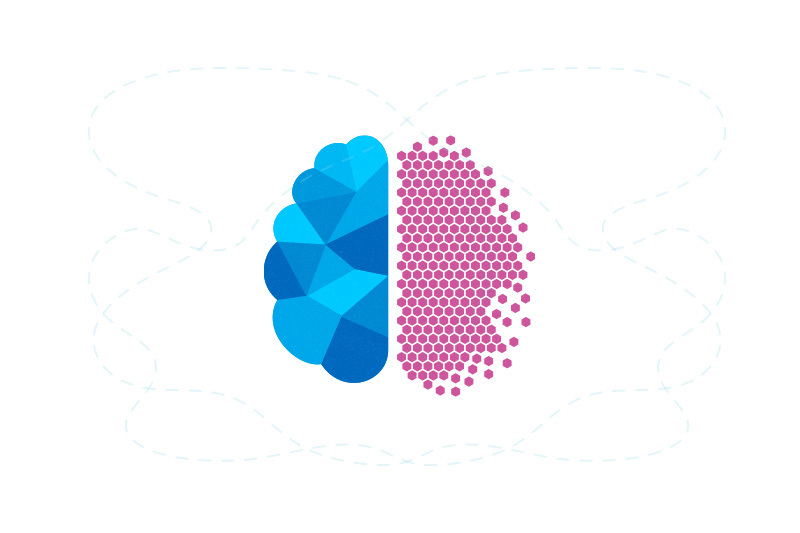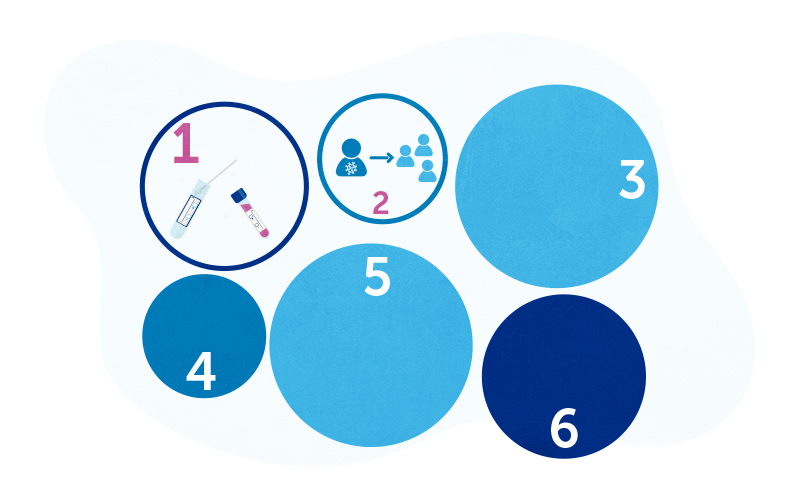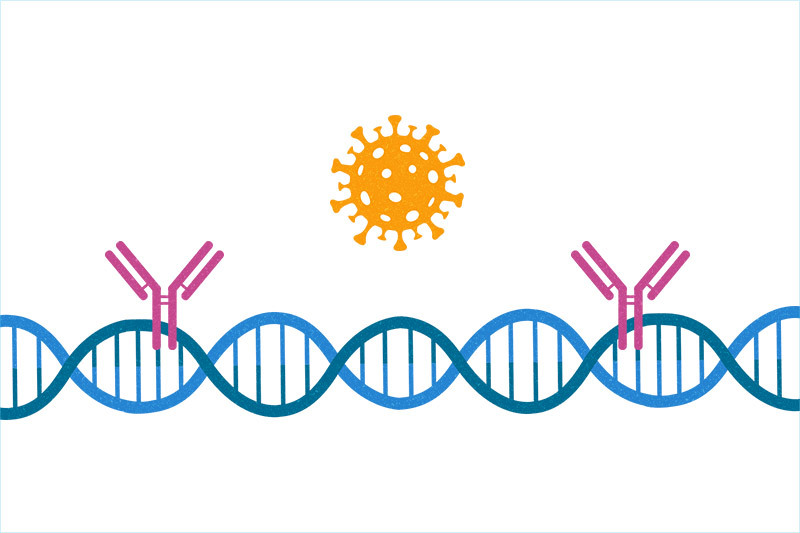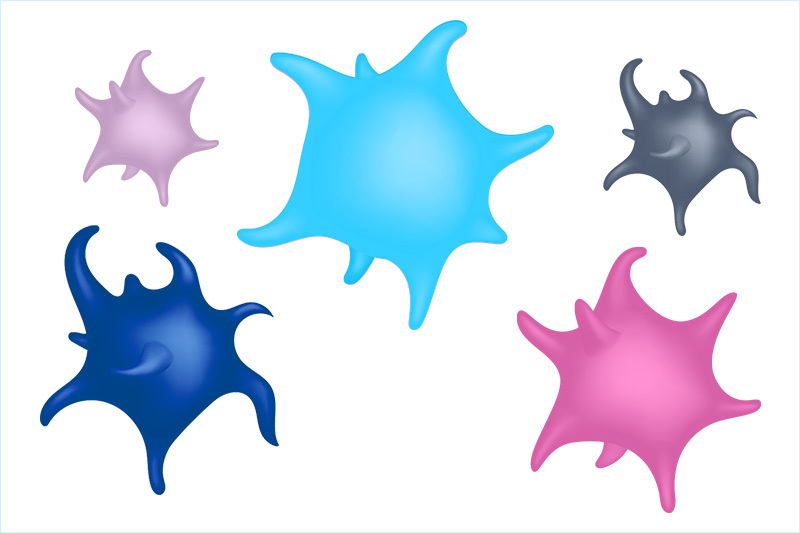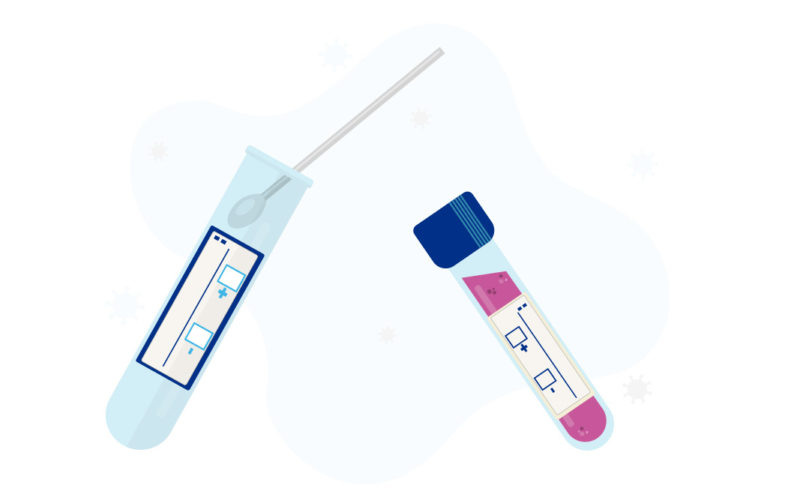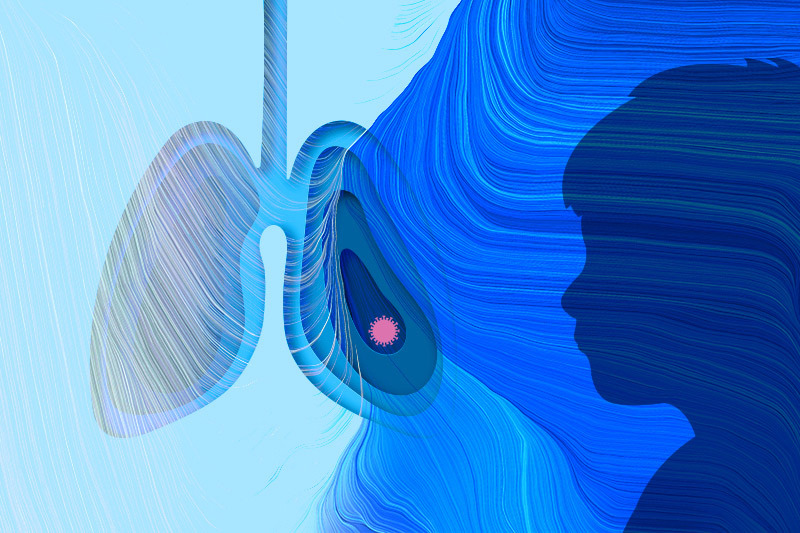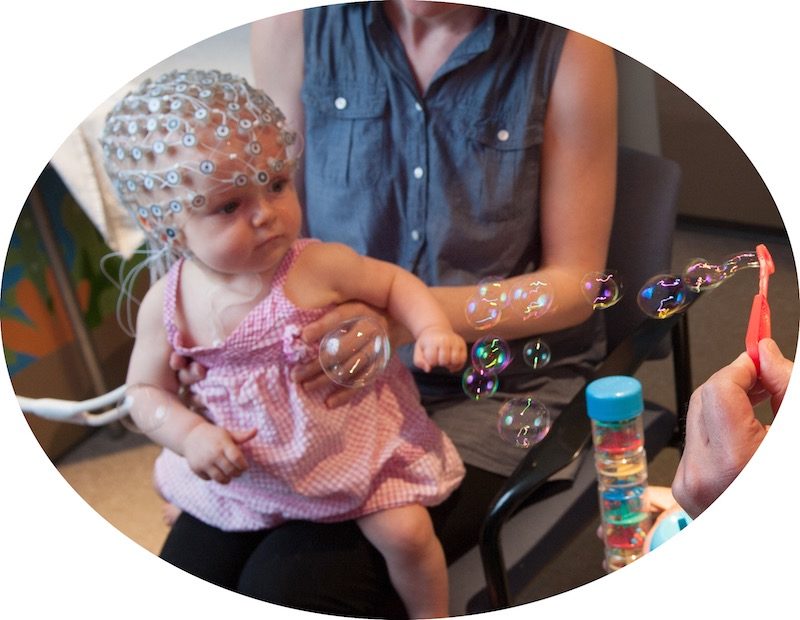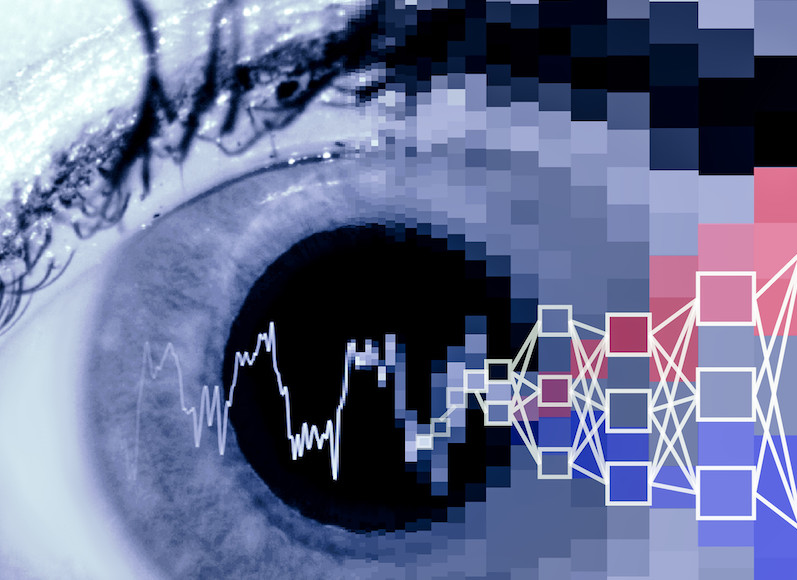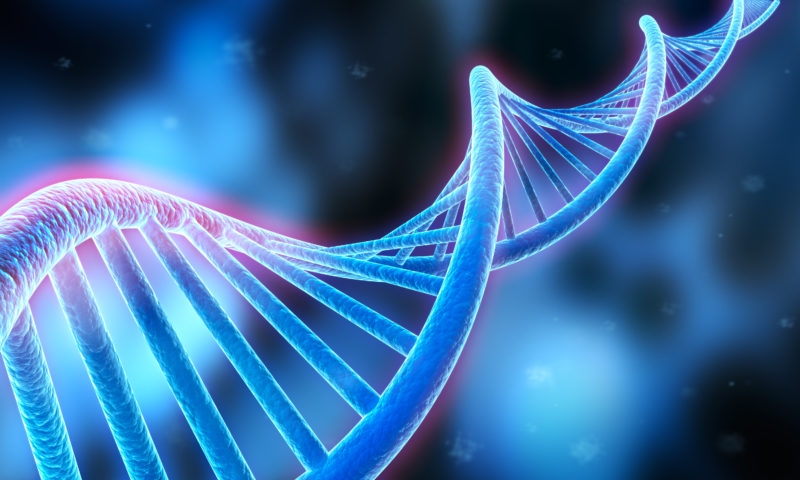Archive for diagnostics
‘Mosaic’ gene mutations could explain some cases of autism
The causes of autism remain mysterious. Scientists have linked autism spectrum disorder to a long list of genes, but most children with autism have no known explanation. Two new studies add to the picture, implicating mutations that affect only a fraction of a child’s cells. Called mosaic mutations, they open a new avenue for research ... Read More about ‘Mosaic’ gene mutations could explain some cases of autism
2020, the year COVID-19 tuned us into science: Part 1
On January 9, the World Health Organization announced a mysterious pneumonia in Wuhan, China. Few people knew it was the threat infectious disease experts had feared for decades: a fast-spreading, potentially deadly new virus with no known cure. As the first images of critically ill patients came out of China and Italy, we watched as ... Read More about 2020, the year COVID-19 tuned us into science: Part 1
Tagged: coronavirus, diagnostics, epidemiology, infectious diseases, research
A COVID-19 DNA nanoswitch: A new kind of test for a new kind of virus
When the COVID-19 pandemic shut down research laboratories across the country, several labs at Boston Children’s Hospital geared up, including that of Wesley Wong, PhD. He and his team responded to the threat by developing a new, easy diagnostic test for COVID-19. Wesley Wong “Our technology, a DNA nanoswitch, is a new way of probing ... Read More about A COVID-19 DNA nanoswitch: A new kind of test for a new kind of virus
Tagged: coronavirus, diagnostics
Platelet profiles could enhance care for bleeding disorders, cardiovascular disease, cancer
The trillion-odd platelets in our blood are best known for controlling bleeding, helping clots form when we sustain an injury. But platelets can also go rogue. They contribute to clotting in cardiovascular disease and diabetes, leading to strokes and heart attacks, and can be hijacked by cancers to help them spread. Key takeaways A new ... Read More about Platelet profiles could enhance care for bleeding disorders, cardiovascular disease, cancer
Tagged: biomarkers, blood, diagnostics, immune disorders, thrombosis
COVID-19 tests: What families should know
As schools and businesses are looking to safely reopen during the COVID-19 pandemic, we’re hearing more about testing for COVID-19. But there isn’t just one “COVID-19 test.” All of the tests have one goal: to detect whether someone is or has been infected with the SARS-CoV-2 virus that causes COVID-19. But they work in different ... Read More about COVID-19 tests: What families should know
Tagged: coronavirus, diagnostics, research
Radiology of COVID-19 infection in children: Imaging findings and recommendations
Key takeaways:· Lung images in children with COVID-19 show unique features, including the halo sign.· Chest X-ray and CT images differ significantly from early to late infection.· New imaging guidelines recommend when to perform imaging studies on children with COVID-19. As more children become infected with the coronavirus causing COVID-19, lung imaging shows that the ... Read More about Radiology of COVID-19 infection in children: Imaging findings and recommendations
Tagged: coronavirus, diagnostics, imaging, research
Study: Tool for thyroid nodule evaluation misses thyroid cancers in children
A thyroid nodule is a solid or fluid-filled lump that forms within the thyroid gland. Most thyroid nodules that develop in children are benign and don’t cause symptoms. However, about 20 percent of these nodules do represent a pediatric thyroid cancer, making careful evaluation key to detection. The American College of Radiology Thyroid Imaging, Reporting, ... Read More about Study: Tool for thyroid nodule evaluation misses thyroid cancers in children
Tagged: diagnostics, thyroid cancer
Babies’ EEG patterns predict whether they will develop autism
Signs of autism spectrum disorder (ASD) typically start to become apparent only in a child’s second year of life or later, but earlier identification could allow children to receive interventions as babies, when they have greater brain plasticity and thus may receive more benefit. A new study in Nature Communications finds that periodic EEGs in ... Read More about Babies’ EEG patterns predict whether they will develop autism
Pupil dilation and heart rate, analyzed by AI, may offer early autism diagnosis
Autism and other neurodevelopmental disorders often aren’t diagnosed until a child is a few years of age, when behavioral interventions and speech/occupational therapy become less effective. But new research this week in PNAS suggests that two simple, quantifiable measures — spontaneous fluctuations in pupil dilation or heart rate — could enable much earlier diagnosis of ... Read More about Pupil dilation and heart rate, analyzed by AI, may offer early autism diagnosis
Panel urges new genetic test for neurodevelopmental disorders
An international group of doctors and scientists, led by Boston Children’s Hospital, is urging the medical community to embrace — and health insurers to pay for — a new genetic technology as a first-line test for autism and other disorders affecting the development of the brain and nervous system. In a paper published last week ... Read More about Panel urges new genetic test for neurodevelopmental disorders


